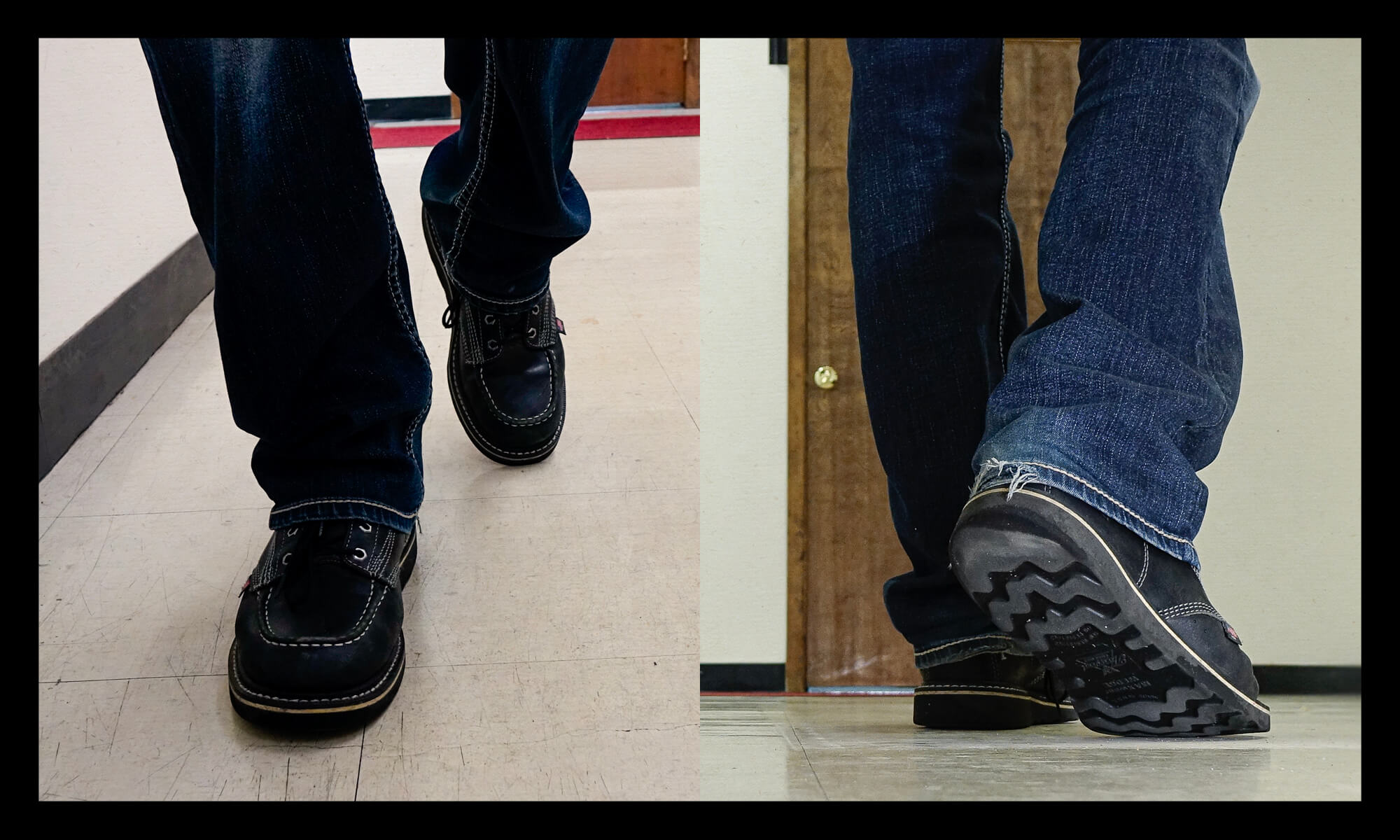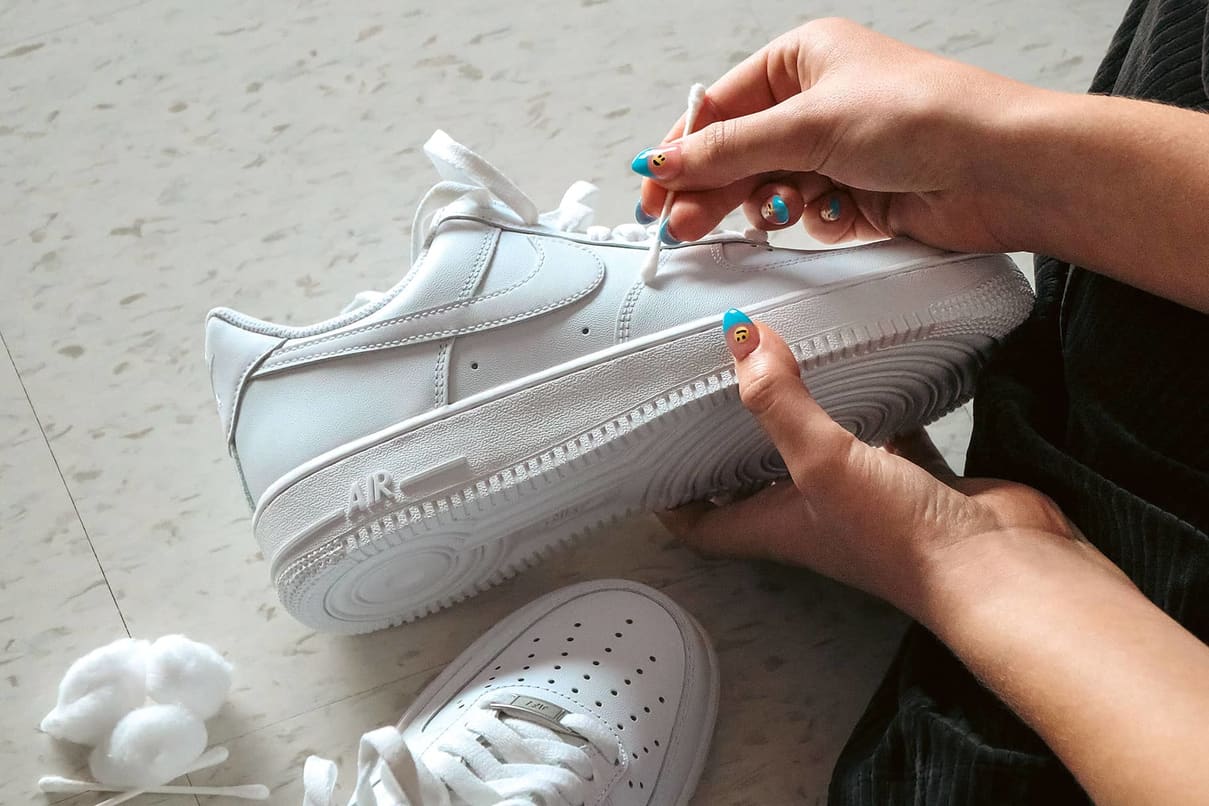Have you ever stepped out in your favorite pair of shoes, only to be met with an embarrassing squeak with each step you take? You’re not alone! Many shoe enthusiasts, fashion lovers, and everyday wearers grapple with this frustrating issue. In this comprehensive guide, we’ll explore the various reasons why shoes squeak, share real-world experiences, offer helpful tips for resolution, and provide insights into types of footwear that are less likely to cause this annoyance.
Understanding the Mechanics: Why Shoes Squeak
Squeaky shoes can be a source of annoyance and embarrassment. But why do they make that sound? In most cases, it has to do with the materials used and the construction of the shoe. Let’s take a closer look at some common reasons.
Moisture and Squeaking
One of the primary culprits behind squeaky shoes is moisture. When water gets trapped between the insole and the shoe’s upper or outsole, it can create a squeaking noise as you walk. This is particularly common in shoes made from synthetic materials that don’t breathe well. If you’ve ever walked through puddles or had your shoes get damp, this might be the reason for your shoe’s new musical talent!

Loose Components
Another common reason is loose components. In many shoes, especially those with removable insoles, the parts can shift during wear. This can create friction or gaps that lead to squeaking. Tapping your shoe lightly on the ground can help identify which part might be loose.

Friction Between Materials
Squeaks can also arise from friction between different materials. For example, leather against rubber or plastic rubbing together can create noise, particularly if the shoe has not been worn in fully. The breaking-in period for new shoes can contribute significantly to this issue.

Construction Quality
Higher quality footwear typically undergoes better construction practices, which can minimize squeaking issues. Investing in well-made shoes can often save you from the plight of squeaky sounds. In contrast, lower-quality shoes may use cheaper materials and adhesives, leading to increased squeakiness over time.

Common Types of Shoes That Squeak
To better understand where the problem lies, let’s analyze some common types of footwear and their propensity to squeak.

| Type of Shoe | Common Causes of Squeaking | Preventive Measures |
|---|---|---|
| Sneakers | Moisture, loose insoles | Use waterproofing sprays, secure insoles |
| Dress Shoes | Friction, poor construction | Invest in quality brands |
| Sandals | Loose straps, wet materials | Check strap fittings, avoid wet conditions |
| Boots | Moisture, unsealed seams | Apply conditioner, moisture barriers |
Real-World Experiences: Squeaky Shoe Stories

Our journey into the world of squeaky shoes wouldn’t be complete without sharing some real-life experiences from fellow shoe enthusiasts.
The Office Worker

Jane, a marketing executive, experienced squeaky shoes that consistently drew unwanted attention during meetings. Her black leather dress shoes developed a squeak after a few weeks. After consulting a cobbler, she learned that moisture had settled in between the insole and shoe. A thorough drying and application of talcum powder fixed her problem. Jane now swears by checking the weather before wearing her favorite pairs!
The Active Parent
Mark, a dedicated dad, often found himself chasing after his kids in sneakers that, after a rainy day at the park, began to squeak incessantly. He discovered that a layer of water had formed between his shoe components. A quick drying session and the application of some old newspaper soaked up excess moisture, eliminating the squeak and allowing him to focus on playtime instead of making music with his footwear.
Effective Solutions: How to Silence Your Squeaky Shoes
Now that we understand the causes and have heard some relatable stories, let’s discuss effective solutions to help combat the squeaks.
Talcum Powder and Baby Powder
One of the most common home remedies is using talcum powder or baby powder. Sprinkle a small amount inside your shoes and let it settle for a few hours. This can absorb moisture and reduce friction, effectively silencing the squeak.
Use of Lubricants
Another effective method is applying a lubricant between the parts of the shoe that are squeaking. Use silicone spray or WD-40, but be cautious as these can stain certain materials. Always test on an inconspicuous area first.
Check for Loose Parts
For those with removable insoles, simply removing and re-seating them can often resolve the issue. Ensure they fit snugly against the shoe’s base, eliminating the potential for movement that leads to squeaks.
Professional Help: Cobblers and Repairs
If DIY methods do not work, it may be time to consult a professional. Cobblers can address structural issues that lead to squeaking and provide quality repairs to ensure your shoes remain in good shape.
Prevention: How to Choose Squeak-Free Shoes
While it’s impossible to eliminate all squeaky shoes, there are ways to choose pairs that are less likely to develop this annoying habit.
Materials Matter
Opt for shoes made from breathable materials. Genuine leather or high-quality synthetic options tend to hold up better against moisture, hence reducing squeak potential.
Invest in Quality Brands
Higher brands tend to maintain better construction quality. Though they may come with a higher price tag, quality footwear often means better longevity and fewer problems down the line.
Size and Fit
A proper fit is essential. Shoes that are too tight may lead to friction and squeaking, while overly loose shoes can result in movement that produces annoying sounds. Always try shoes on and take time to walk around before purchase.
Product Highlights: Recommended Footwear Brands
When it comes to investing in shoes, here are a few recommended brands known for their attention to detail and quality craftsmanship:
- Merrell: Known for outdoor and hiking shoes that prioritize comfort and durability.
- Clarks: Renowned for timeless styles and comfort, often avoiding squeaking issues.
- New Balance: Offers a blend of style and functionality, ensuring great fit and low noise.
- Dr. Martens: Not only stylish but built to withstand wear, offering minimal squeak potential.
Pros and Cons of Squeaky Shoes
Pros
- Attention-Grabbing: Squeaky shoes can be a conversation starter!
- Alerting Others: They can serve as an audible cue that you’re approaching.
- Character: Some people find squeaking shoes quirky and charming.
Cons
- Embarrassment: Squeaky sounds can be socially awkward in professional settings.
- Distraction: Constant squeaking can be distracting in quiet environments.
- Frustration: Persistent noise can diminish enjoyment of your footwear.
Frequently Asked Questions about Squeaky Shoes
1. Why do new shoes squeak?
New shoes may squeak due to moisture trapped between materials, unbroken-in components, or friction. Over time, as you wear them, this might resolve itself.
2. How can I stop my shoes from squeaking?
Try using talcum powder, lubricants, or checking for loose components. If all else fails, consult a cobbler.
3. Will wearing wet shoes cause them to squeak?
Yes, moisture can lead to squeaky sounds by creating friction between the shoe parts. Always dry wet shoes thoroughly.
4. Can I fix squeaky dress shoes at home?
Most times, yes! Use talcum powder or a lubricant, and check for loose insoles or parts.
5. Do certain brands squeak more than others?
Lower-quality brands often use cheaper materials that can lead to more squeaks, while premium brands typically focus on better construction.
6. How do I know if my shoes are poorly constructed?
If your shoes start to develop squeaking shortly after purchase, or if you notice visible gaps, you might want to consider the quality of construction.
7. Is there a shoe type that doesn’t squeak?
While no shoe is entirely squeak-proof, options like well-made leather dress shoes or high-quality sneakers tend to squeak less.
8. Will returning shoes help if they are squeaky?
Yes, if the squeak persists despite efforts to fix, you may want to consider returning or exchanging them for a better quality pair.
9. What should I do if the squeaking is persistent?
If the issue continues, it’s a good idea to consult a professional cobbler who can assess and repair the problem effectively.
10. Can applying water-resistant sprays help?
Waterproofing sprays can help protect shoes from moisture, thus reducing the chances of squeaking later.
11. Are there specific materials to avoid?
Synthetic materials that don’t breathe well can trap moisture easily and are often more prone to squeaking. Look for breathable options instead.
Conclusion: Embrace Quiet Adventures in Footwear
Squeaky shoes can be a frustrating part of any footwear experience, but understanding the causes and remedies can turn annoyance into silenced steps. By taking preventive measures and selecting quality brands, you can enjoy your favorite footwear without the unwanted symphony.
If you find yourself grappling with this issue, remember you’re not alone. Many have walked this path before you, often discovering that with a little care and attention, their shoes can become quiet companions once more. Happy walking!